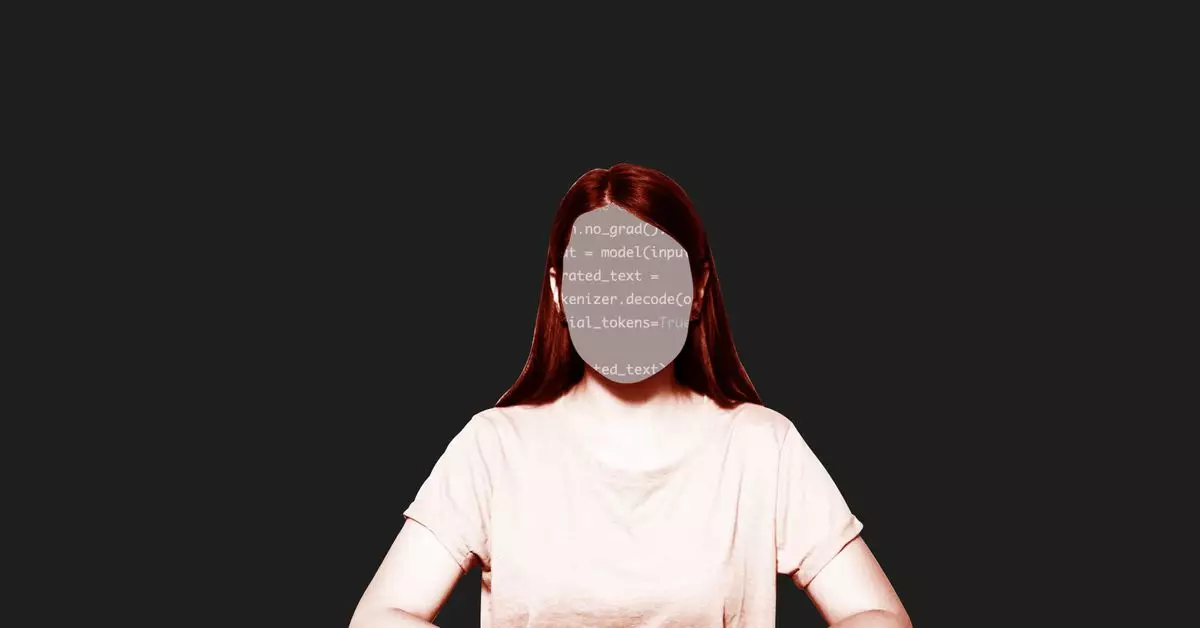The integration of artificial intelligence (AI) in the healthcare industry is rapidly evolving, with various tools aimed at streamlining processes and enhancing patient care. One such tool is OpenAI’s Whisper, a transcription service embraced by numerous hospitals for its ability to turn spoken language into written text. Although the promise of AI transcribers suggests improved efficiency, recent research indicates potential pitfalls that must be addressed before these technologies can be fully trusted in sensitive environments like medicine.
A shocking revelation emerged when researchers from elite institutions like Cornell University and the University of Washington discovered that Whisper is prone to significant errors—particularly “hallucinations” where the tool generates fabricated statements. A study indicated that around 1% of audio transcriptions included nonsensical or inaccurate phrases, some alarmingly violent in nature. Such inaccuracies can have serious implications in medical settings, where precise understanding is crucial for patient safety and effective communication.
For many healthcare professionals, including my own doctor, the initial use of AI transcriptions was met with optimism. In a personal account, my physician demonstrated how Whisper could enhance his efficiency by summarizing patient meetings quickly. However, this favorable experience starkly contrasts with findings from research that highlights the inconsistencies of the technology. Nabla, a company utilizing Whisper for producing medical transcripts, claims to have recorded around 7 million conversations. Yet, with a rising number of clinicians relying on this technology, the possibility of transcription inaccuracies raises serious questions about dependability.
The researchers’ investigation employed audio samples from TalkBank’s AphasiaBank, focusing particularly on instances of silence that frequently occur during conversations with individuals afflicted with aphasia—a condition that can severely impair language comprehension and expression. The presence of silence during these discussions can exacerbate the inaccuracies of AI transcription by feeding the machine’s tendency to produce erroneous or invented sentences. For instance, comments like “Thank you for watching!” have been registered, echoing content typically found in user-generated videos rather than in medical dialogues.
The importance of addressing these transcription issues has not gone unnoticed by Nabla or OpenAI. An OpenAI spokesperson acknowledged the ongoing efforts to rectify the hallucination problem, emphasizing their commitment to safeguarding against risks in high-stakes situations. This includes strict policies forbidding the application of their transcription tools where decisions directly affect human lives or well-being. In the absence of thorough peer review, the efficacy of these measures and their implementation remains to be seen.
While the allure of advanced AI transcription tools like Whisper promises to revolutionize healthcare communication, the technological hurdles documented in recent research cannot be overlooked. Before these innovations can fully integrate into medical settings, a critical emphasis on refining accuracy and managing risks is essential. For now, healthcare providers must navigate the delicate balance of leveraging AI capabilities while ensuring patient safety remains paramount.

